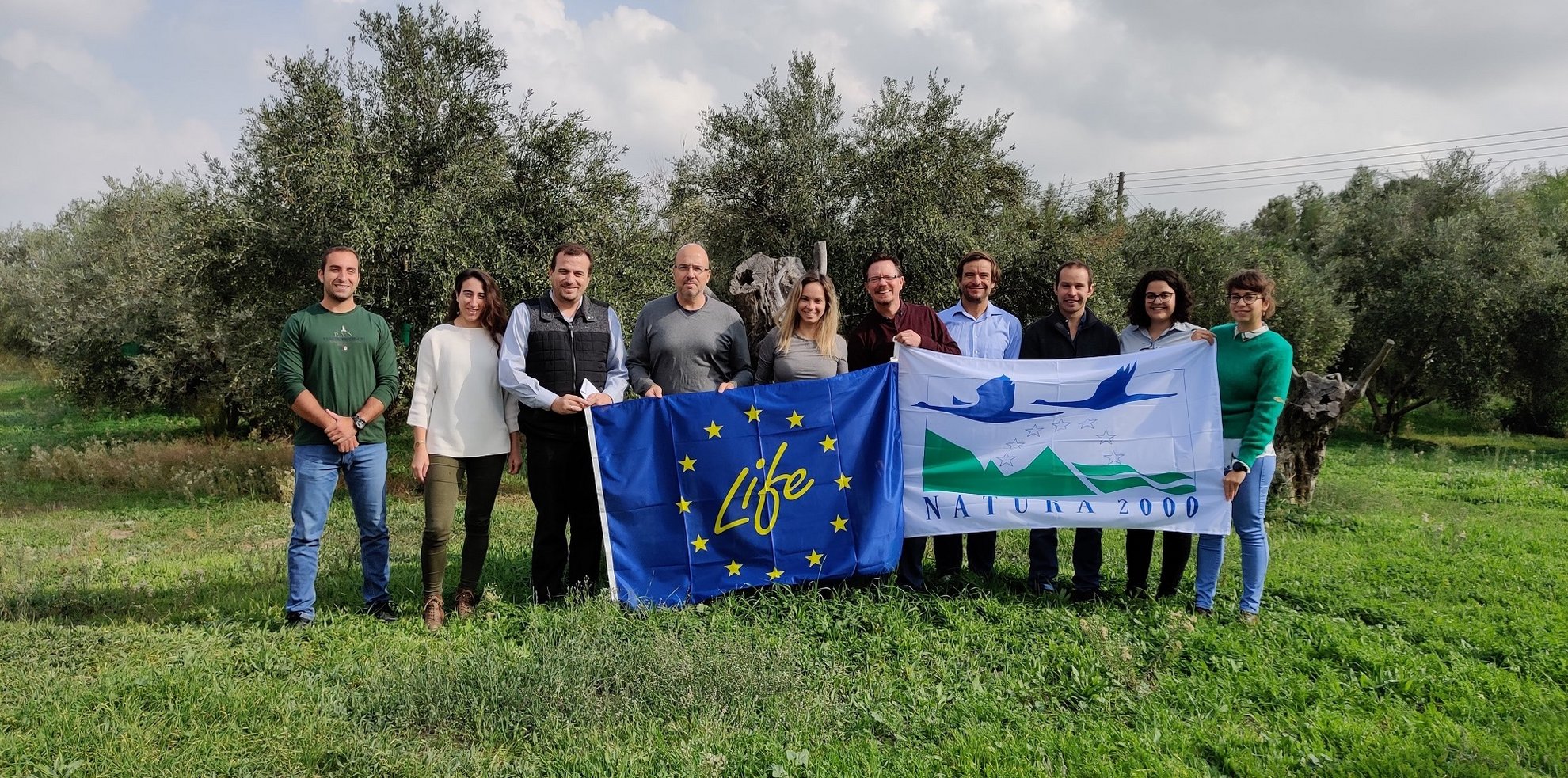Man’s best friend will soon be aiding efforts to protect Cyprus’ endangered Griffon vulture population thanks to a new initiative of an EU-funded programme to find and remove poison baits from the countryside.
Dixie the border collie is currently undergoing special training at a dog training academy in Greece, BirdLife Cyprus said on its Facebook page.
Once trained, she and her handler will come to Cyprus to help protect vultures and other wildlife, as well as sheepdogs and hunting dogs from poison illegally deposited in the countryside.
Search dogs for poison baits must have excellent scent, intelligence, strength, resilience, and persistence in searching under all conditions, BirdLife said.
They must search with passion and a clear mind, find the bait or the poisoned animal and notify their handler, so that the case can be investigated and those responsible be brought to justice it added.
Dixie and her handler will be one of two units that will be set up under the LIFE with Vultures programme and will operate under the game and fauna service.
“These teams will be another arrow in our quiver in combating this illegal practice that is leading vultures to extinction,” BirdLife Cyprus added.
Launched in 2019, the LIFE with Vultures project aims to minimise the risk of extinction to Griffon Vultures.
The four-year-project (2019-2023), brings together BirdLife Cyprus, the game and fauna Service, Terra Cypria – The Cyprus Conservation Foundation and the Vulture Conservation Foundation to tackle the main threats facing the Griffon vulture and prevent Cyprus’ most threatened bird of prey from going extinct.
The project includes actions against the use of poison baits, actions to counter collisions with overhead power lines, as well as actions to increase feeding opportunities for the provision of safe supplementary food to the vultures.
Through this project, Griffon vultures have been brought from Spain to strengthen the extremely diminished Cypriot population. Ten were flown to the island in November last year, the first batch of a total of 30.
They will boost the island’s small population of 18-20 birds of this species, which cannot multiply substantially without human intervention, BirdLife said at the time.
It added that without targeted conservation actions, Griffon vultures have been predicted to disappear from Cyprus in the next 15 years.
Another key aspect of the project is the implementation of a coordinated and targeted awareness-raising campaign, both in local communities falling within the Griffon vulture range as well as island-wide, to spread the message of the importance of the Griffon vulture and the problems posed by poisoned baits in the countryside, BirdLife Cyprus said.
The project has a €1,375,861 budget and is co-funded (60 per cent) by the EU’s LIFE programme.
Once a common sight on the island, the Griffon vulture currently faces a high risk of extinction in Cyprus, with poisoning being the number one threat that has caused mass killings in the past and continues to be responsible for Griffon Vulture deaths.
Poison baits are mostly used to control predators, protect game areas and harvesting as well as a means to prevent hunting from certain areas. Vultures, although not the target, are the most susceptible to fall victim to poisoning due to their scavenging and social feeding behaviour which means that large numbers can be poisoned at a single laced carcass.
Another reason for the population decline is food shortage due to changes in grazing system (less free-range grazing), and changes in carcass disposal (livestock breeders are obliged to take livestock carcasses to specifically designed processing plants for disposal.
Disturbance to breeding colonies, habitat loss and collisions with electricity wires are also factors that negatively affect the population survival, BirdLife Cyprus added.
Visit www.lifewithvultures.eu to learn more about the project.







Click here to change your cookie preferences